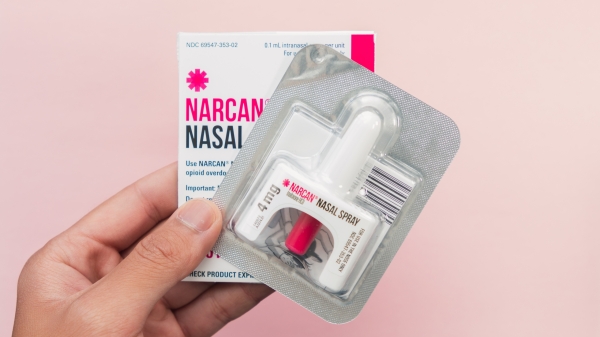Federal, state and local law enforcement last week fanned out in and around Bessemer pursuing 35 people on federal and state charges in an ongoing effort to reduce violent crime in the Greater Birmingham Area.
U.S. Attorney Jay E. Town, Bureau of Alcohol, Tobacco, Firearms and Explosives Special Agent in Charge Marcus Watson, U.S. Marshal Marty Keely, Bessemer Division Jefferson County District Attorney Lynneice Washington, Jefferson County Sheriff Mike Hale and Bessemer Police Chief Michael Roper announced the joint agency operation.
The roundup targeted violent offenders and high-crime areas of Bessemer as part of Operation Focused Remedy. It was a joint operation led by the ATF with the U.S. Attorney’s Office, U.S. Marshal Service, varying state and local police agencies and district attorney’s offices. The Bessemer Police Department and Jefferson County Sheriff’s Office took part in last week’s operation, seeking arrests on nine federal and 26 state warrants. More than 20 guns were recovered in the operation.
“This operation is a perfect example of how federal, state and local law enforcement can combine resources and efforts to remove our worst offenders from our communities, especially those in high-crime areas,” Town said. “This ATF operation is yet another example of how law enforcement partnerships enable law-abiding residents to continue to reclaim safety and security for their families.”
“These arrests highlight ATF’s Operation Focused Remedy as a force multiplier from the partnerships of law enforcement and community,” Watson said. “ATF’s Crime Gun Intelligence resources will continue to aid in reducing violent crime in focused areas.”
Operation Focused Remedy is part of Project Safe Neighborhoods (PSN), a program bringing together all levels of law enforcement and the communities they serve to reduce violent crime and make our neighborhoods safer for everyone.
Attorney General Jeff Sessions reinvigorated PSN in 2017 as part of the department’s renewed focus on targeting violent criminals, directing all U.S. Attorney’s Offices to work in partnership with federal, state and local law enforcement and the local community to develop effective, locally-based strategies to reduce violent crime.
AG Sessions said in a statement then, “According to the FBI, the violent crime rate has risen by nearly seven percent over the past two years, and the homicide rate has risen by more than 20 percent. We cannot be complacent or hope that this is just an anomaly: we have a duty to take action.”
“Fortunately, we have a President who understands that and has directed his administration to reduce crime,” Sessions said. “The Department of Justice today announces the foundation of our plan to reduce crime: prioritizing Project Safe Neighborhoods, a program that has been proven to work. Let me be clear – Project Safe Neighborhoods is not just one policy idea among many. This is the centerpiece of our crime reduction strategy. Taking what we have learned since the program began in 2001, we have updated it and enhanced it, emphasizing the role of our U.S. Attorneys, the promise of new technologies, and above all, partnership with local communities. With these changes, I believe that this program will be more effective than ever and help us fulfill our mission to make America safer.”
Bessemer has a population of only 26,511 (down from 33,467 in 1990). Despite the small size, the city had 3 murders, 29 rapes, 127 robberies, 604 assaults, and 2,403 property crimes last year.





















































